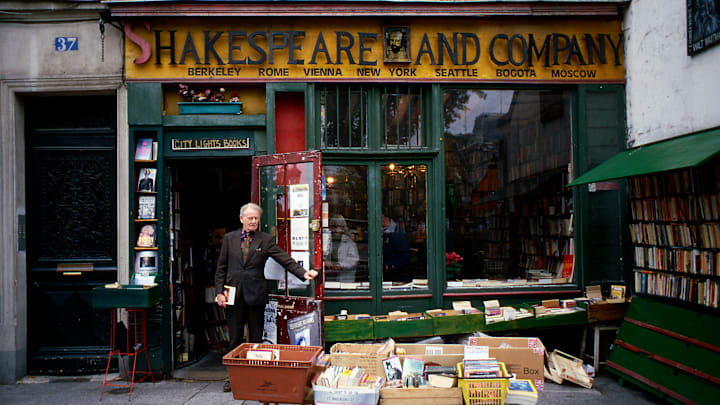The Role of Bookstores in the Community

Bookstores play a vital role in the community, serving as cultural hubs, promoting literacy, and fostering a love of reading. These spaces offer more than just books; they provide a sense of connection, support local economies, and contribute to the cultural and intellectual life of the community.
One of the primary roles of bookstores is to promote literacy and a love of reading. Bookstores provide access to a wide range of books, catering to diverse interests and reading levels. By offering a curated selection of titles, knowledgeable staff, and personalized recommendations, bookstores help readers discover new authors, genres, and topics. Special events such as author readings, book signings, and storytime sessions for children further promote engagement with literature and encourage a lifelong love of reading.
Bookstores also serve as cultural and intellectual hubs within the community. They host events that bring people together to discuss ideas, share stories, and celebrate the written word. Book clubs, writing workshops, and literary festivals organized by bookstores create opportunities for social interaction and intellectual exchange. These events foster a sense of community and provide a platform for individuals to connect over shared interests and passions.
In addition to promoting literacy and cultural engagement, bookstores support local economies. Independent bookstores, in particular, contribute to the vibrancy and diversity of local businesses. By sourcing books from small publishers, featuring local authors, and collaborating with other local businesses, bookstores help sustain the economic health of their communities. Supporting local bookstores ensures that money spent on books stays within the community, benefiting other local enterprises and contributing to a thriving local economy.
Bookstores also play a crucial role in promoting diversity and representation in literature. Many independent bookstores prioritize stocking books by marginalized voices and underrepresented authors. By highlighting diverse narratives and offering a platform for a wide range of perspectives, bookstores contribute to a more inclusive literary landscape. This commitment to diversity enriches the community and ensures that readers have access to stories that reflect a variety of experiences and backgrounds.
Moreover, bookstores provide a welcoming and inclusive space for all members of the community. They offer a safe and comfortable environment where people can browse, read, and explore at their own pace. Bookstores often create a sense of belonging and community, providing a place where individuals can gather, share ideas, and engage in meaningful conversations. This inclusivity fosters a sense of connection and support within the community, making bookstores much more than just retail spaces.
Bookstores also play a role in education by providing resources and support for students, teachers, and lifelong learners. They offer a range of educational materials, from textbooks and reference books to study guides and educational toys. Bookstores often collaborate with schools and educational institutions to provide resources for reading programs, author visits, and literacy initiatives. This support enhances educational opportunities and promotes a culture of learning within the community.
In conclusion, bookstores play a vital role in the community by promoting literacy, fostering a love of reading, supporting local economies, promoting diversity and representation, providing inclusive spaces, and contributing to education. These cultural hubs offer much more than books; they create a sense of connection, support intellectual and cultural life, and enrich the community in numerous ways. By supporting bookstores, communities can ensure that these valuable spaces continue to thrive and contribute to the well-being and enrichment of all.